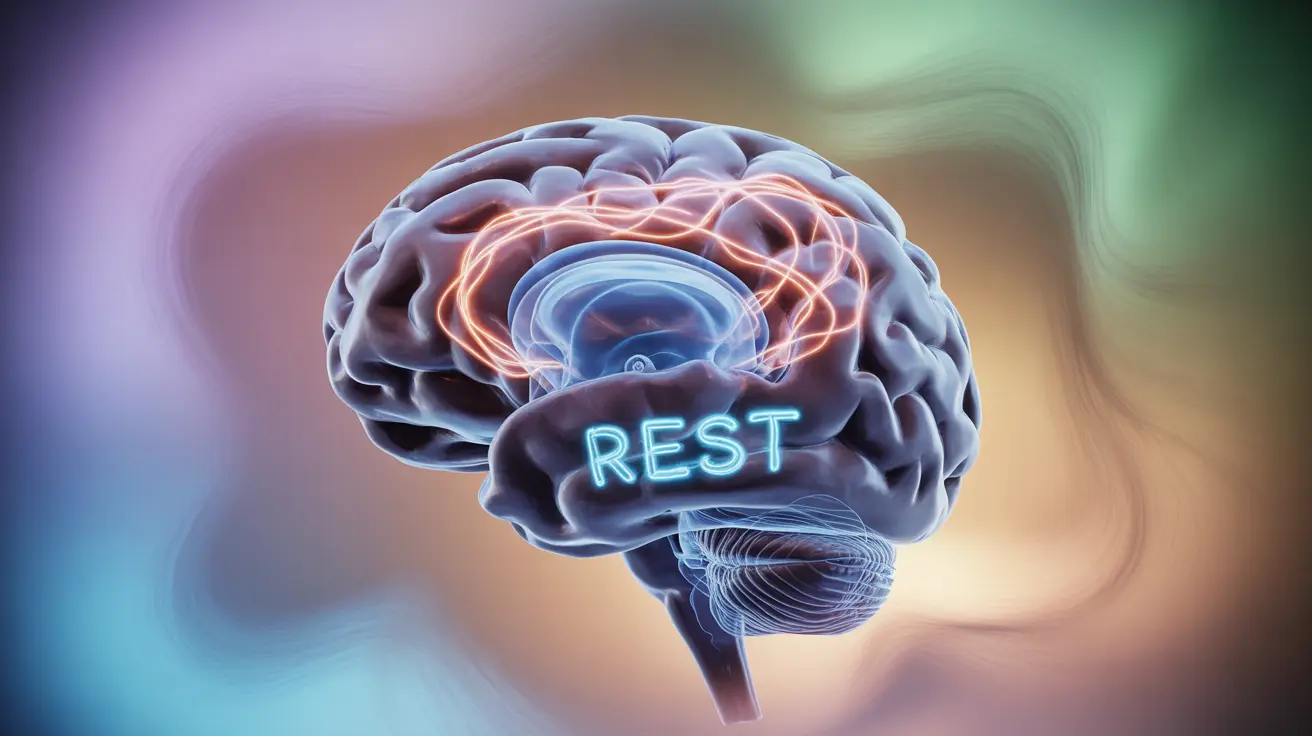The relationship between insomnia and mental health is intricate and bidirectional, leading many to question whether insomnia itself qualifies as a mental illness. While insomnia is primarily classified as a sleep disorder, its deep connections with mental health conditions make it a crucial area of focus for both sleep specialists and mental health professionals.
Understanding this relationship is essential for proper diagnosis and treatment, as sleep disturbances can both trigger and exacerbate mental health symptoms, while mental health conditions often disrupt normal sleep patterns.
Defining Insomnia and Its Classification
Insomnia is officially classified as a sleep-wake disorder, characterized by persistent difficulties in falling asleep, staying asleep, or experiencing restorative sleep, despite adequate opportunities for rest. While it's not technically categorized as a mental illness, it's frequently associated with various mental health conditions.
The condition can be either acute (short-term) or chronic (long-term), and its classification helps determine appropriate treatment approaches and medical coverage.
The Interplay Between Insomnia and Mental Health
Biological Connections
Research shows that insomnia and mental health conditions often share common biological pathways, including disrupted circadian rhythms, altered neurotransmitter function, and heightened stress response systems. These shared mechanisms help explain why sleep problems and mental health issues frequently co-occur.
Psychological Impact
Chronic sleep deprivation from insomnia can significantly impact emotional regulation, cognitive function, and stress management capabilities. This creates a challenging cycle where poor sleep affects mental well-being, and deteriorating mental health further disrupts sleep patterns.
Common Mental Health Conditions Associated with Insomnia
Several mental health conditions commonly co-exist with insomnia:
- Depression
- Anxiety disorders
- Bipolar disorder
- Post-traumatic stress disorder (PTSD)
- Attention deficit hyperactivity disorder (ADHD)
Treatment Approaches for Co-occurring Conditions
Effective treatment often requires addressing both sleep issues and mental health concerns simultaneously. Common approaches include:
- Cognitive Behavioral Therapy for Insomnia (CBT-I)
- Medication management when appropriate
- Lifestyle modifications and sleep hygiene improvements
- Stress reduction techniques
- Regular exercise and routine establishment
Frequently Asked Questions
Is insomnia considered a mental illness or a separate sleep disorder?
Insomnia is officially classified as a sleep disorder, not a mental illness. However, it's closely interconnected with mental health and is often a symptom or contributing factor to various mental health conditions.
How does insomnia affect mental health conditions like anxiety and depression?
Insomnia can worsen symptoms of anxiety and depression by disrupting emotional regulation, increasing stress levels, and impairing cognitive function. This creates a cycle where poor sleep exacerbates mental health symptoms, and mental health issues make it harder to achieve quality sleep.
Can insomnia cause or worsen symptoms of mental illnesses?
Yes, chronic insomnia can trigger or intensify symptoms of mental illness. Prolonged sleep deprivation affects brain function, emotional processing, and stress management capabilities, potentially leading to the development or worsening of mental health conditions.
What are the common signs that insomnia is related to an underlying mental health disorder?
Key indicators include racing thoughts at bedtime, anxiety about sleep itself, mood changes coinciding with sleep problems, persistent worry or rumination, and sleep difficulties that worsen during periods of mental health symptoms.
How can both insomnia and mental health issues be treated together effectively?
An integrated treatment approach is most effective, typically combining sleep-focused interventions like CBT-I with mental health treatment. This might include therapy, medication when necessary, lifestyle changes, and development of healthy sleep habits, all coordinated between sleep specialists and mental health professionals.




